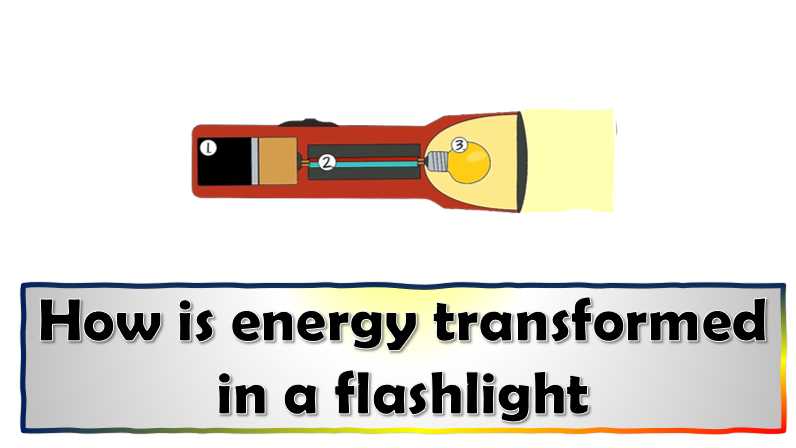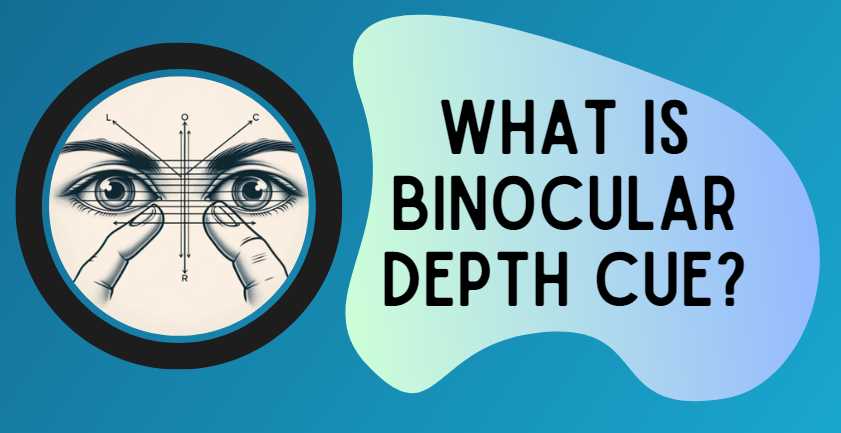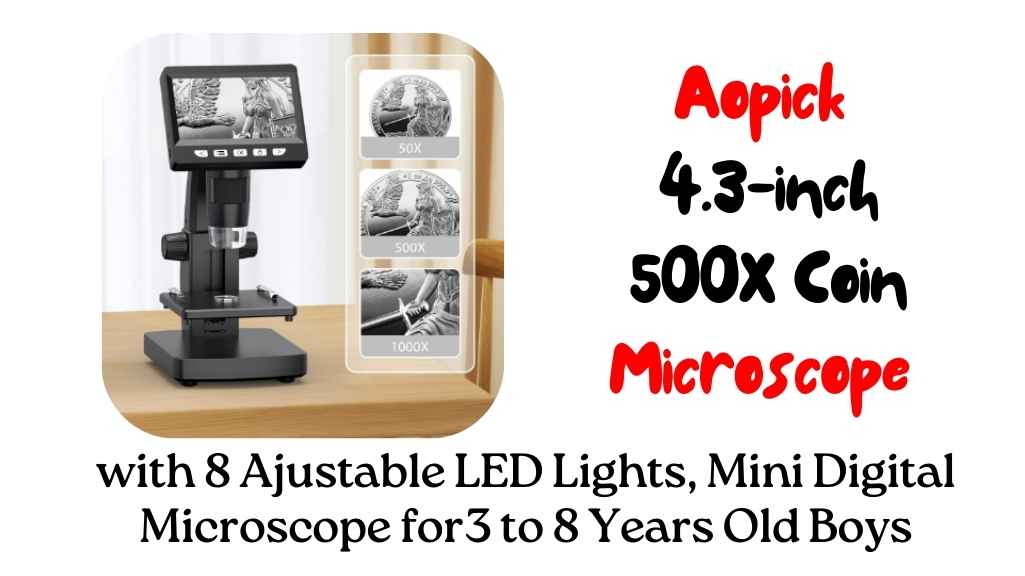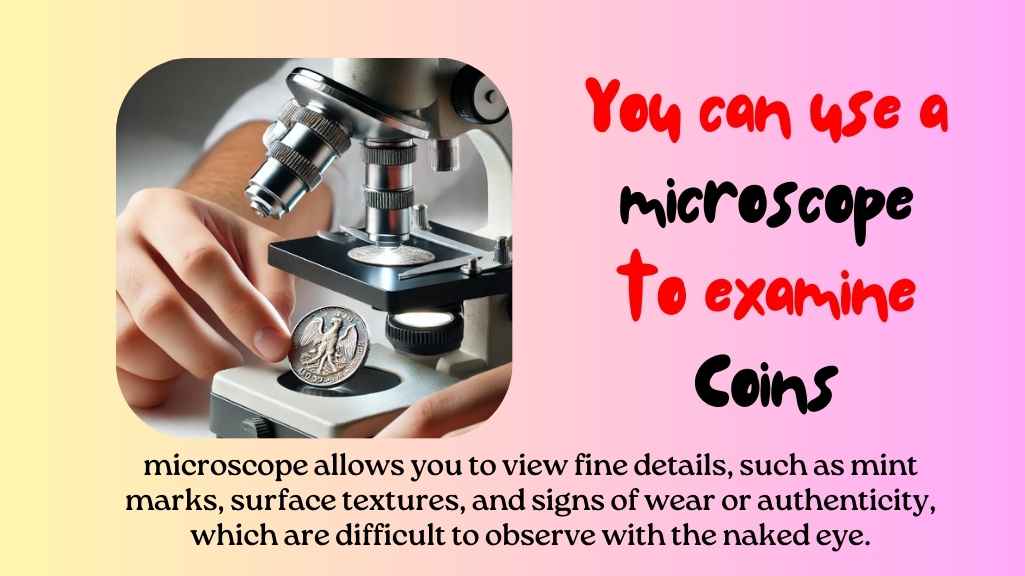How to Change Batteries in a Coast Flashlight: A Complete Guide to Follow
If you’re out and about during the night and need a light to help you see where you’re going, a Coast flashlight is a great option. But if you need to change the batteries more than once every few months, it might be time to consider an alternative light. This article will show you how […]
How to Change Batteries in a Coast Flashlight: A Complete Guide to Follow Read More »






